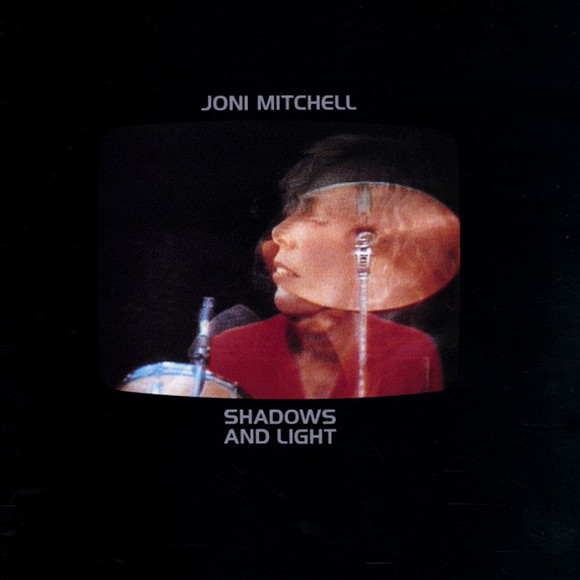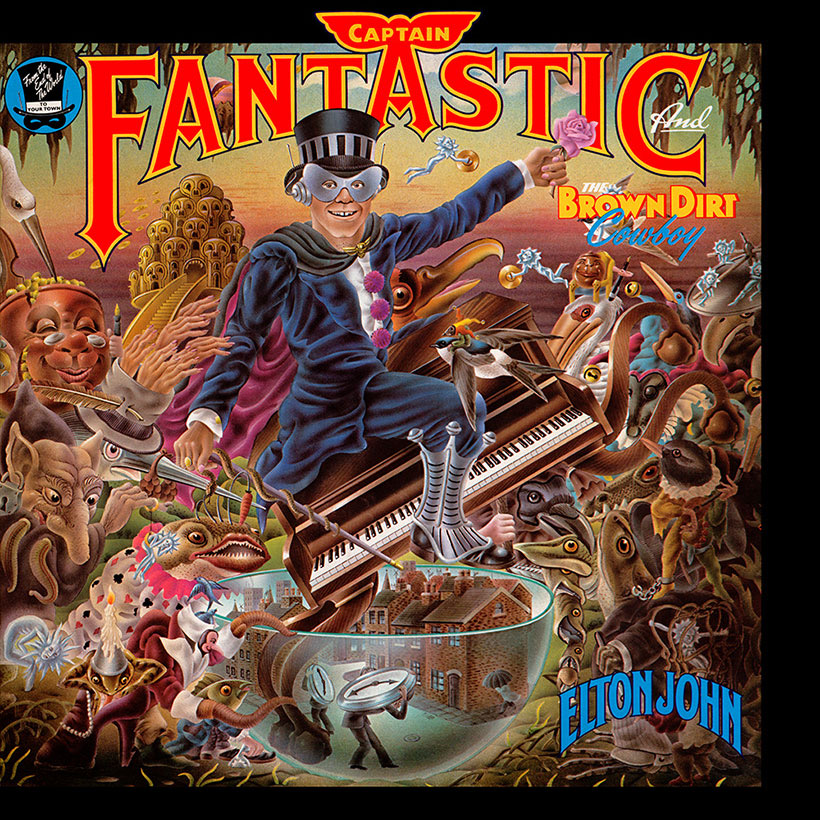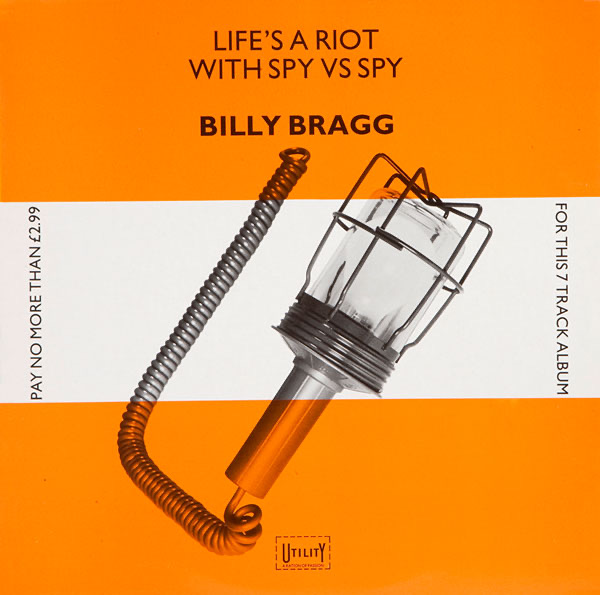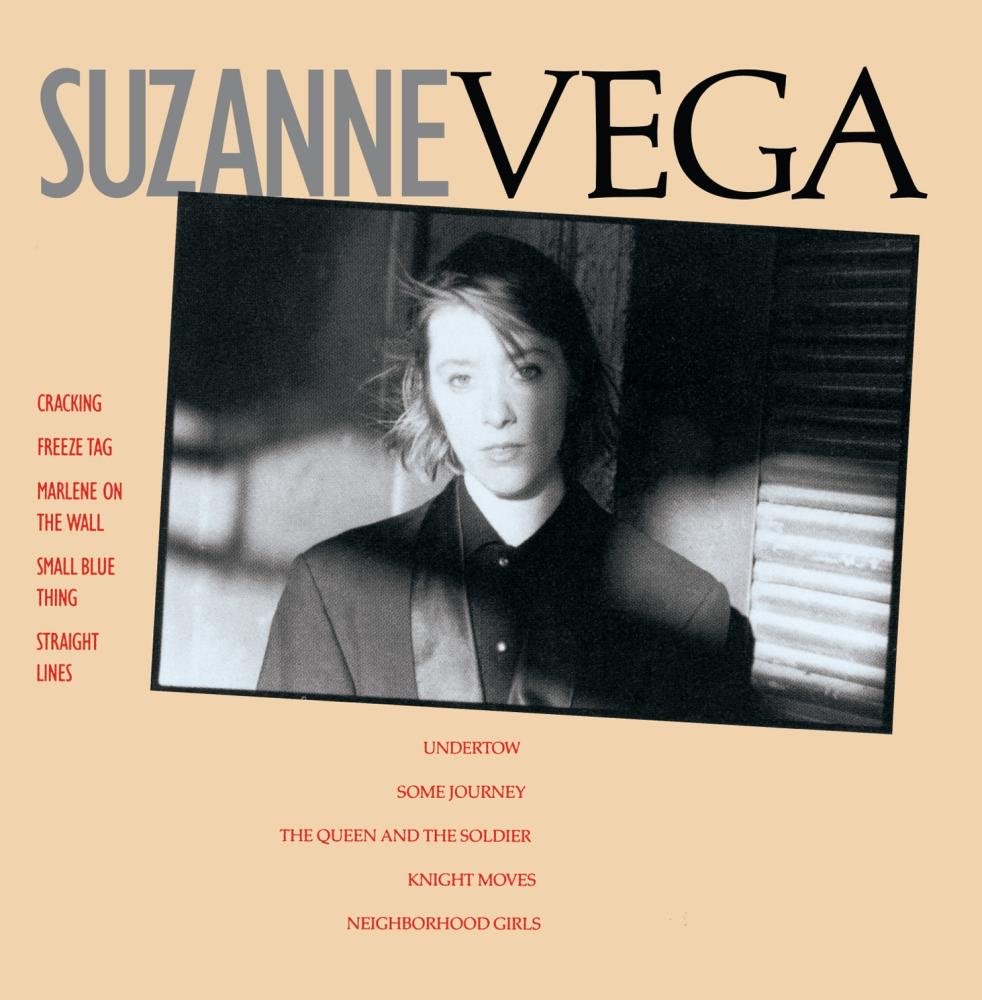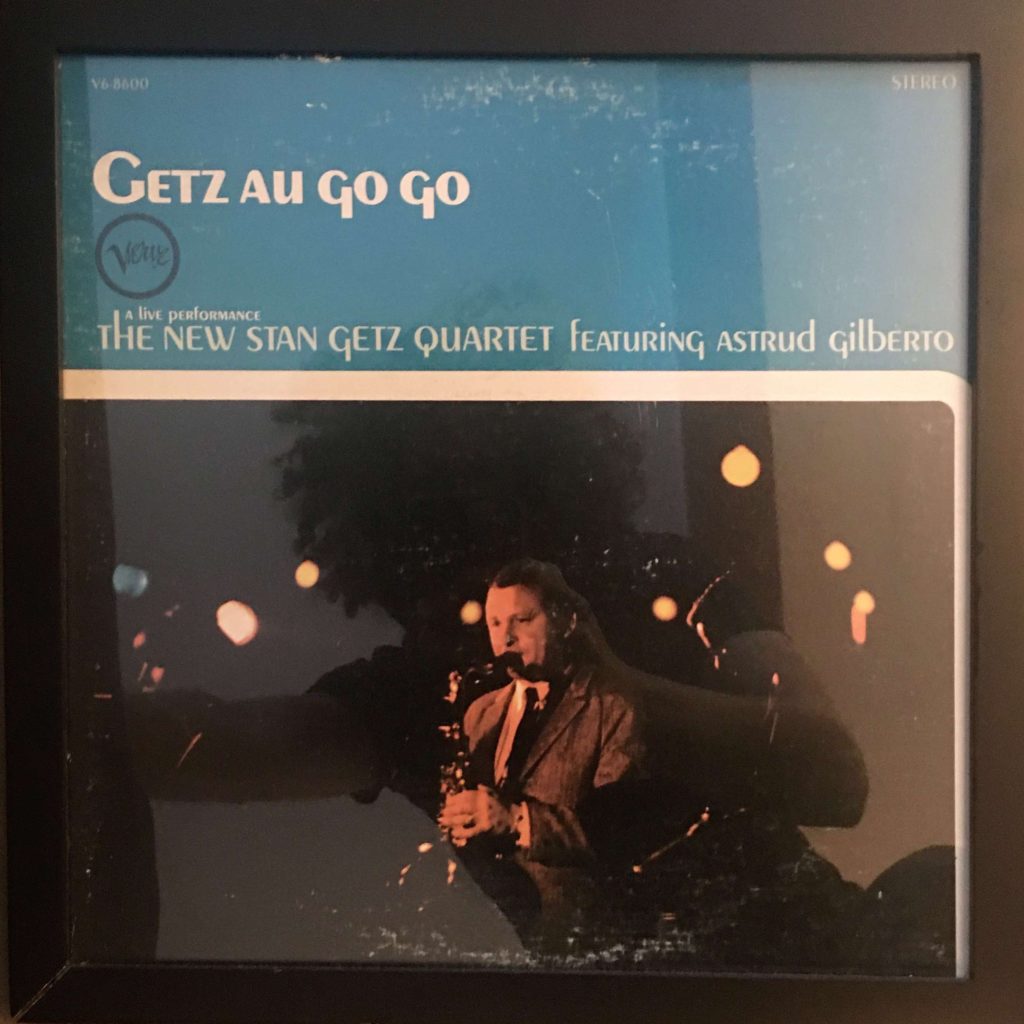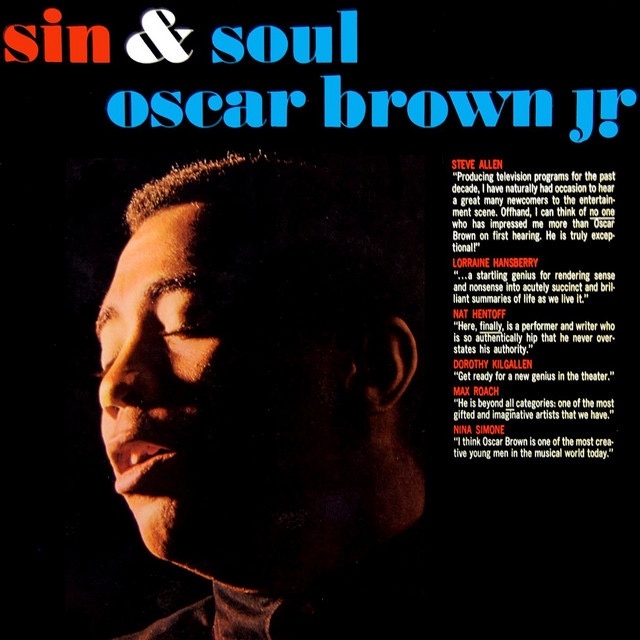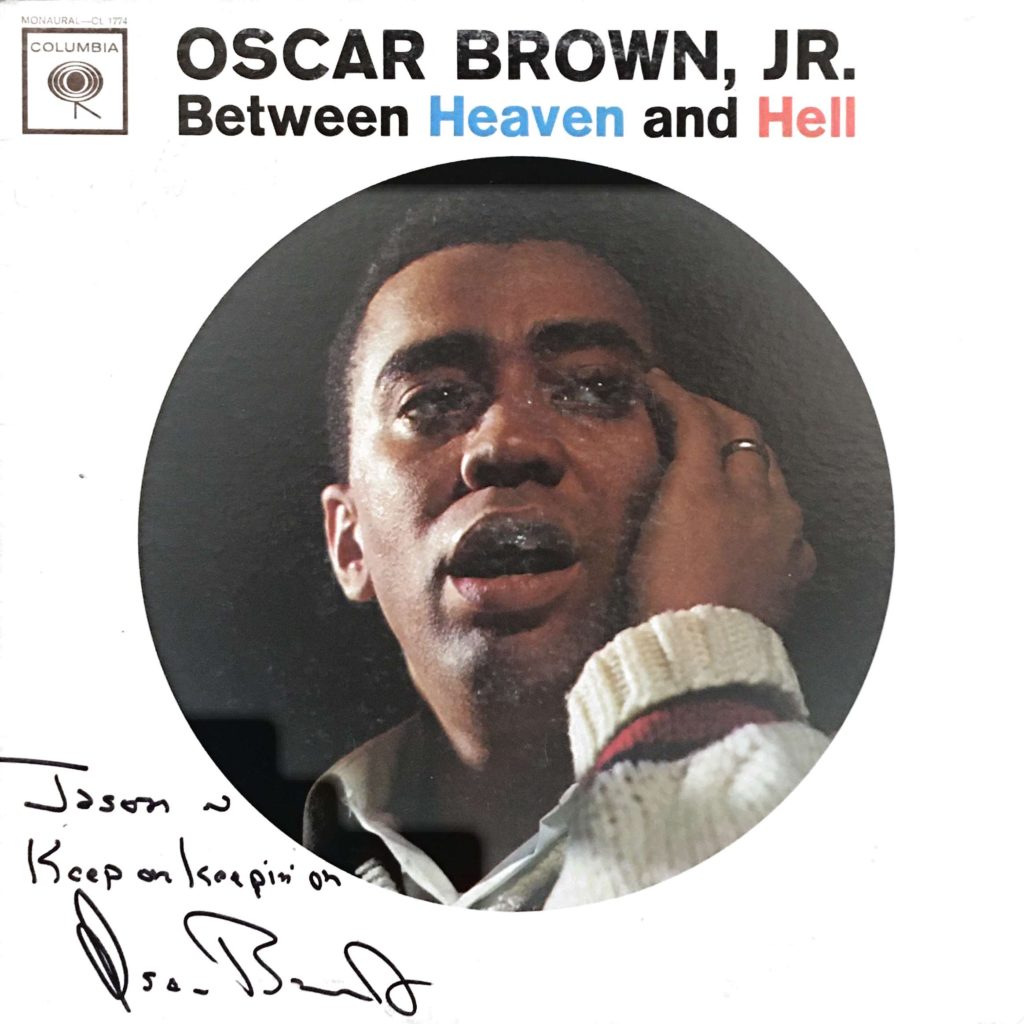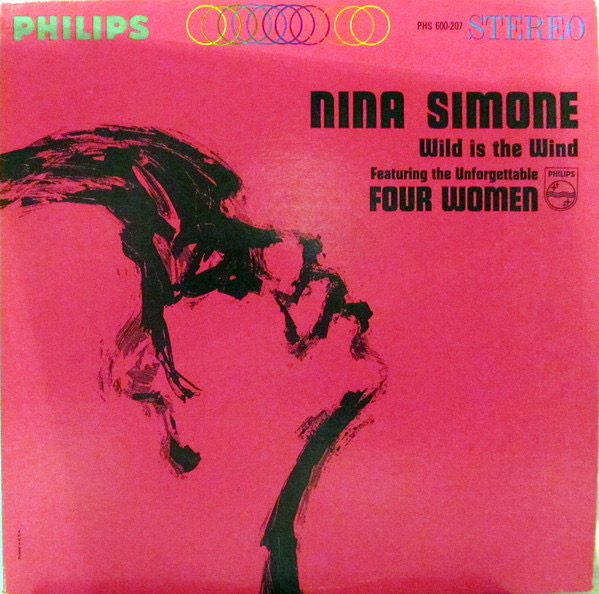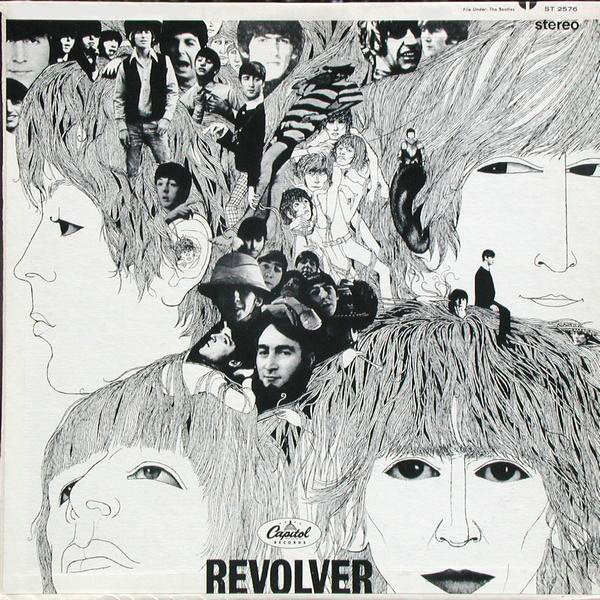
It’s hard to write about The Beatles. Two-plus hours musing on this record, and way too many words. It was one of my first favorite albums.
It’s an emotional rollercoaster.
John and George’s terrifying cosmic explorations: “There’s people standing round, who’ll screw you in the ground.” “I know what it’s like to be dead.” “Play the game existence to the end of the beginning.”
Paul devastates us with “Eleanor Rigby,” paints lovely dreams of shared bliss in “Here, There and Everywhere” and “Good Day Sunshine” then kills us again with “For No One” before bringing us back to hope with “Got to Get You into My Life.” (Only to wobbled at the close of the album by John’s “Tomorrow Never Knows.”)
Sandwiched in there is the diversion of Ringo singing a children’s psychedelic anthem of togetherness.
See, there’s really no room for “I’m Only Sleeping,” “Dr. Robert” or “And Your Bird Can Sing.” Those songs are fine on “Yesterday…and Today,” a US release that cobbled together tracks from the UK “Help,” “Rubber Soul” and “Revolver” albums with great singles (and gave us the infamous “butcher cover”).
The US “Rubber Soul” is different and maybe a little more compelling than the UK version (though with the songs left off the US edition, the acoustic framing lacks the R&B flavor referenced in the title).
But the US version of “Revolver” is simply better. It’s way more focused and innovative sounding. And it’s the first Beatles album I fell in love with.
Like the Elton John album I wrote about a couple days ago, the cover was a world unto itself, very mysterious. (I love that Klaus Voorman included a little picture of himself with his signature. It felt “behind the scenes!”) And the back cover, a dimly lit black and white photo with them wearing sunglasses indoors, looked like an outtake, the epitome of casual cool.
Maybe I responded to it so readily because I’d just moved from big city Los Angeles to sleepy suburban Irvine. The Beatles looked a bit detached, but the music was so rich and emotional. The weird intro count on Taxman, the cough, the tight groove, and the cataclysmic guitar solo. The lovely lonely people, as I heard it. I could be lonely and still lovely in my new town! (Mishearing lyrics is a gift.)
I’ve had many different favorite songs from this album at different times in my life. I love that it goes so many places sonically, and conceptually. And it’s not a concept album. Its perfection almost seems to be happenstance. And I’d argue it was for the band itself in this form. It was sequenced from a less impactful grouping with the usually agreed upon song allocations that the band had chosen in the UK.
It’s filled with possibilities and the scariness that comes from death and life’s cycles (death and taxes!), from the mundane to the surreal.
I was scared as a nine-year-old, but awed by the possibilities of the space of Irvine and the world of music that was opening to me as I started playing guitar from morning to night, writing songs to combat the loneliness of being the new “different looking” kid in town. This album gave me everything I needed.
-->